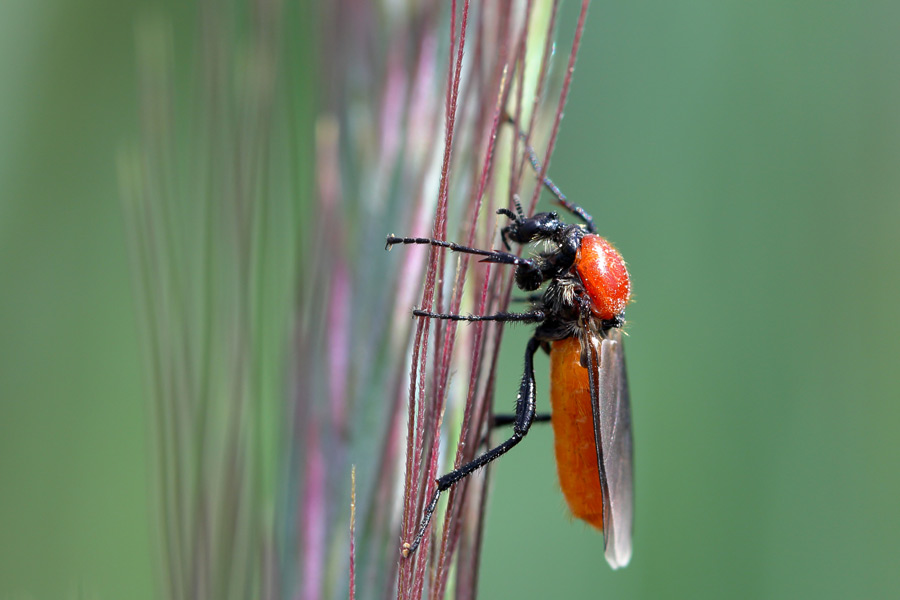It’s a long standing urban legend, something of a rite of indoctrination to new residents and visitors to the Sunshine State: The twice yearly invasion of lovebugs! Each spring and fall, these pernicious pests rise up, breed, and disappear as quickly as they came. Their origin is the stuff of legends, their purpose hotly debated. Here are some facts to help debunk common myths about the lovebug once and for all.
Myth: They were borne of an experiment and escaped from the lab at University of Florida.
FACT: Lovebugs migrated into Florida naturally along the Gulf of Mexico. They were first identified in southeastern Texas in 1940 and spread into Gulf Coast states.

Myth: They are only in Florida.
FACT: Lovebugs exist in Texas, Louisiana, Mississippi, and Alabama. They have also been making their way into Georgia and South Carolina.
Myth: They were bred to eat mosquitoes.
FACT: Again, they were not borne of some Frankenstein-esque experiment. And they don’t eat mosquitoes either. Mature lovebugs don’t eat at all (which is, in itself, kind of freaky) and the larval stage versions eat decaying plant matter.
Related: 5 Most Poisonous Insects of North America

Myth: Their blood is acidic.
FACT: While you shouldn’t leave love bugs splattered on your car, it’s not their blood eating the paint. It’s the sun and Florida heat reacting with microorganisms that occur during decomposition that cause the damage. So, do wash bugs off your car as soon as possible.
Myth: They breathe carbon monoxide.
FACT: Nope. This rumor was born of the fact that lovebugs like to swarm the highways. However, this is due to them being attracted to the heat and fumes of exhaust and engines. Many who travel regularly put removable nets over the front ends of their cars during lovebug season to make cleanup easier. When the swarms are particularly heavy, they can even cause cars to overheat due to the thick buildup.
Myth: They have no natural predators.
FACT: Lovebug remains have been found in the stomachs of birds, and praying mantis will eat just about any other insect. There is nothing to stop lovebugs from being eaten by other insects, lizards, or birds.
Featured Image from Silent Shoot/Shutter Stock




